If the political standoff lasts for weeks, it could stall sales because lenders can’t use IRS documents to confirm borrower qualifications. The impasse could also threaten loans backed by agencies such as the Federal Housing Administration.
“With each passing day, the anxiety in the marketplace is building,” said Stuart Gabriel, director of UCLA’s Ziman Center for Real Estate.
The FHA’s staff has been greatly reduced, which may cause delays in “processing or closing of FHA-insured loans,” according to the U.S. Department of Housing and Urban Development, which oversees the agency. For now, the FHA — traditionally an insurer of loans to first-time and low-income buyers — will continue to endorse new single-family loans. The agency currently insures about 26% of all single-family home purchases.
“The longer the shutdown lasts, the more serious the impact will be,” a HUD contingency plan said.
Some are already feeling the pain.
Ron Tanzman, an agent in Calabasas, said two of his buyers planned to use FHA-backed loans, but the deals are now on hold.
“You can’t close any FHA deals right now,” he said. “We just got notice from the lender that we are in a stalemate.”
The federal government partially shut down Tuesday afterCongress — amid a fight over Obamacare — failed to pass a budget, forcing the furlough of roughly 800,000 workers and the first federal shutdown in 17 years.
An extended mortgage market freeze could further stall a housing recovery that has cooled after rapid price increases earlier this year. The threat comes just as mortgage rates are falling again, which normally would entice buyers. Rates have tumbled for the third straight week, with Freddie Mac pegging the 30-year fixed loan at an average of 4.22%, down from 4.32% last week.
But a short government shutdown should cause only small headaches, because most loans close at the end of the month and take up to 60 days to do so, said Keith Gumbinger, vice president of HSH.com, which tracks mortgage rates. Lenders are still taking applications, Gumbinger said, expecting the shutdown will end soon.
Most lenders use IRS transcripts of borrowers’ tax filings to confirm their income and ability to pay.
“A few days’ delay in getting documentation shouldn’t derail too many deals,” Gumbinger said.
The shutdown entered its third day Thursday with major mortgage lenders such as Wells Fargo & Co. and JPMorgan Chase & Co. operating much as usual. They said they anticipated only minor disruptions — so long as the shutdown didn’t stretch past, say, three weeks. Most borrowers near completion of a loan have already had items such as tax returns verified, they said.
New mortgage applicants were being asked to fill out the usual paperwork. Processing of government-backed loans from the Federal Housing Administration and the Department of Veterans Affairs also continued as usual at major lenders that are pre-authorized to issue such loans.
Wells Fargo is among the lenders with delegated authority from FHA and VA to write loans, which are computer-processed and approved. The only problem with such mortgages would occur if borrowers fall outside predetermined guidelines for credit scores or income, requiring them to get special approval for government loans, said Tom Goyda, a spokesman for Wells Fargo Home Mortgage, the largest residential lender.
Experts said mortgage seekers should discuss timelines and expectations with their lender, and inquire about longer commitments, longer rate locks and extension policies for each.
“Right now, it’s business as usual,” said Los Angeles area Realtor Rose Fahey, who hasn’t run into problems with a deal currently in escrow, in which the buyer has a conventional loan.
The greater fear, economists say, is that Congress fails to raise the debt ceiling by Oct. 17, causing the nation to default on its debt and mortgage rates to skyrocket. Affordability would take a dive and potential buyers would grow increasingly uncertain about the economy, said UCLA’s Gabriel.
“We are playing with something big and bad and nasty,” he said of a possible default.







